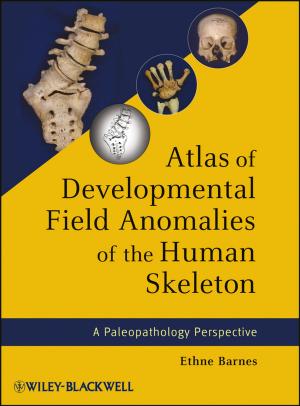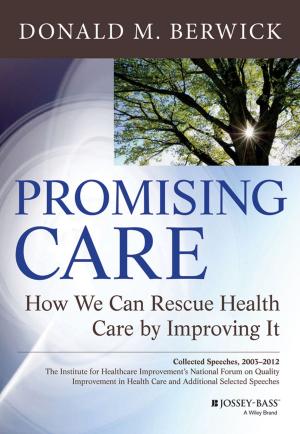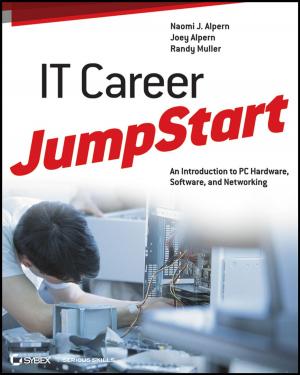The Scientific American Healthy Aging Brain
The Neuroscience of Making the Most of Your Mature Mind
Nonfiction, Health & Well Being, Medical, Specialties, Internal Medicine, Neuroscience| Author: | Judith Horstman, Scientific American | ISBN: | 9781118234648 |
| Publisher: | Wiley | Publication: | May 3, 2012 |
| Imprint: | Jossey-Bass | Language: | English |
| Author: | Judith Horstman, Scientific American |
| ISBN: | 9781118234648 |
| Publisher: | Wiley |
| Publication: | May 3, 2012 |
| Imprint: | Jossey-Bass |
| Language: | English |
Good news about getting older from Scientific American and Scientific American Mind
The Scientific American Healthy Aging Brain taps into the most current research to present a realistic and encouraging view of the well-aged brain, a sobering look at what can go wrong––and at what might help you and your brain stay healthy longer. Neurologists and psychologists have discovered the aging brain is much more elastic and supple than previously thought, and that happiness actually increases with age. While our short-term memory may not be what it was, dementia is not inevitable. Far from disintegrating, the elder brain can continue to develop and adapt in many ways and stay sharp as it ages.
- Offers new insights on how an aging brain can repair itself, and the five best strategies for keeping your brain healthy
- Shows how older brains can acquire new skills, perspective, and productivity
- Dispels negative myths about aging
- Explores what to expect as our brains grow older
With hope and truth, this book helps us preserve what we’ve got, minimize what we’ve lost, and optimize the vigor and health of our maturing brains.
Good news about getting older from Scientific American and Scientific American Mind
The Scientific American Healthy Aging Brain taps into the most current research to present a realistic and encouraging view of the well-aged brain, a sobering look at what can go wrong––and at what might help you and your brain stay healthy longer. Neurologists and psychologists have discovered the aging brain is much more elastic and supple than previously thought, and that happiness actually increases with age. While our short-term memory may not be what it was, dementia is not inevitable. Far from disintegrating, the elder brain can continue to develop and adapt in many ways and stay sharp as it ages.
- Offers new insights on how an aging brain can repair itself, and the five best strategies for keeping your brain healthy
- Shows how older brains can acquire new skills, perspective, and productivity
- Dispels negative myths about aging
- Explores what to expect as our brains grow older
With hope and truth, this book helps us preserve what we’ve got, minimize what we’ve lost, and optimize the vigor and health of our maturing brains.















